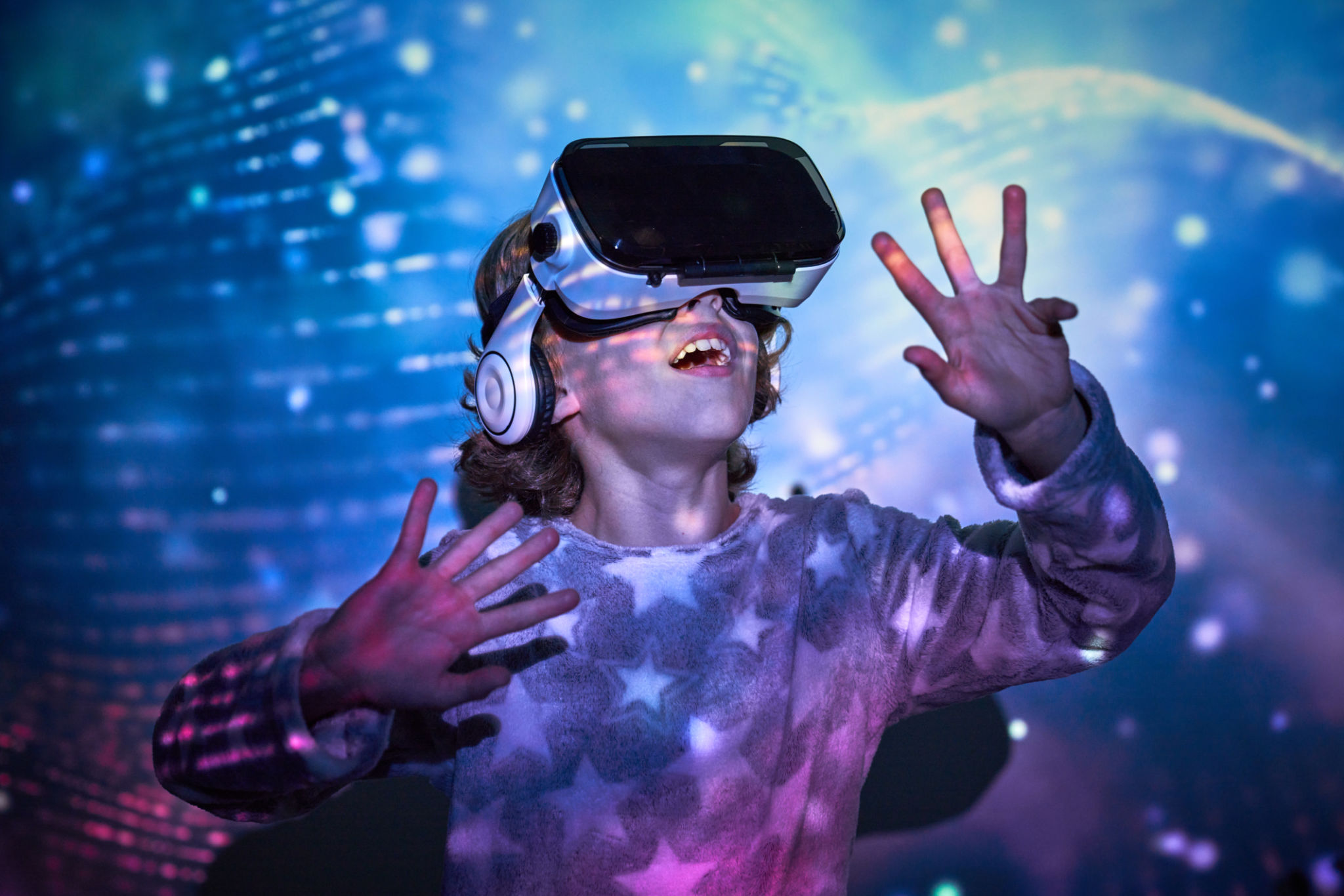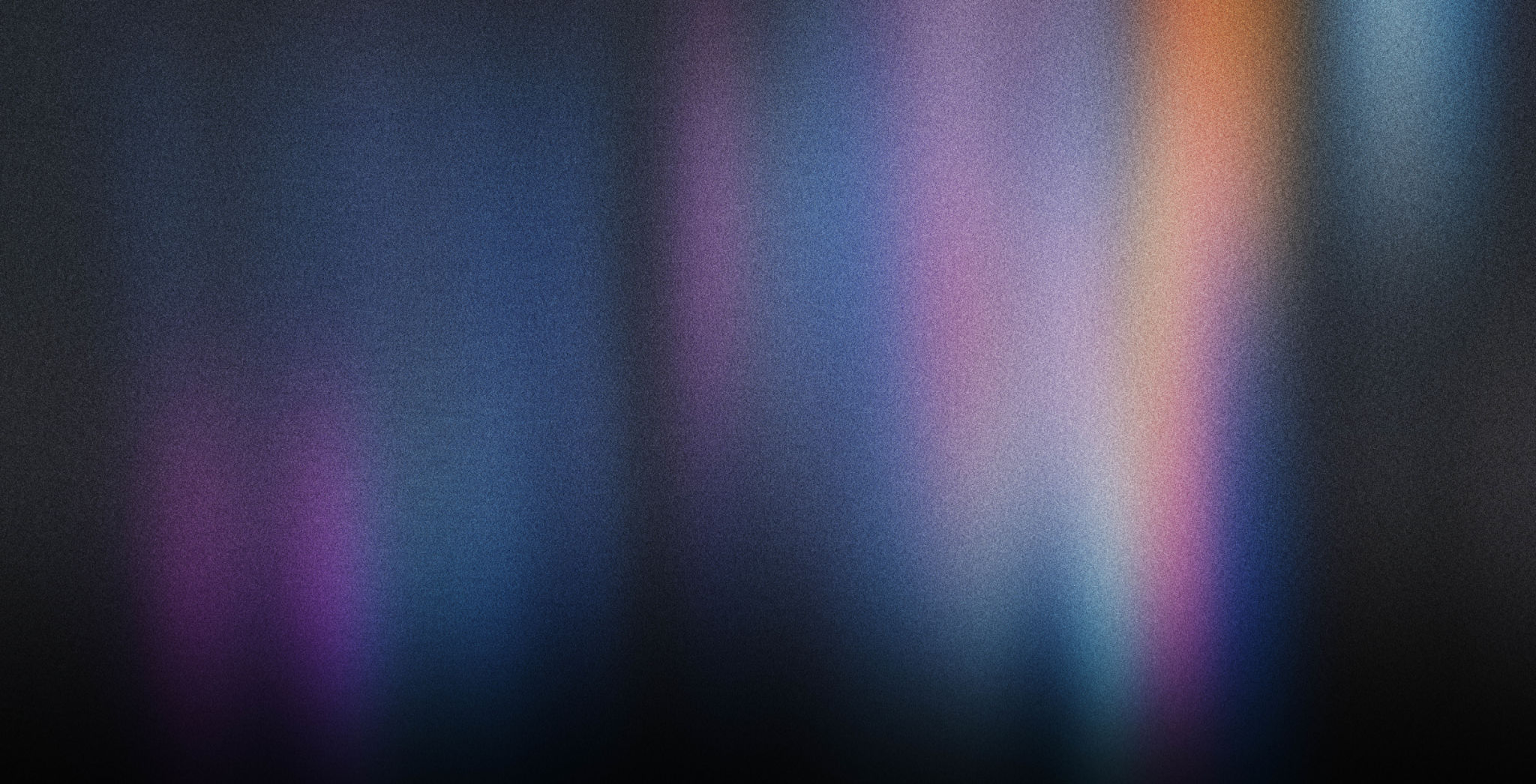The Future of Audio Engineering: Trends to Watch in Orlando
The Rise of Immersive Audio Experiences
The audio engineering landscape in Orlando is experiencing a transformative shift, driven by the demand for immersive audio experiences. As consumers seek more engaging and realistic soundscapes, audio engineers are exploring innovative technologies like spatial audio and 3D sound. These advancements allow listeners to experience audio content as if they are right in the middle of the action, whether it's a live concert or a virtual reality game. The future of audio engineering in Orlando is set to revolutionize how we perceive and interact with sound.
One of the key drivers of this trend is the growing popularity of virtual and augmented reality applications. These technologies heavily rely on high-quality audio to create convincing virtual environments. Audio engineers are now tasked with designing soundscapes that complement visual elements, enhancing the overall experience for users. As VR and AR continue to gain traction, the demand for skilled audio engineers in Orlando is likely to increase.

Advancements in Audio Technology
The evolution of audio technology is another trend shaping the future of audio engineering in Orlando. Breakthroughs in digital signal processing and machine learning are enabling more precise sound manipulation and customization. Engineers can now create tailored audio experiences that cater to individual preferences, offering personalized soundscapes for each listener.
Moreover, the integration of artificial intelligence in audio engineering is paving the way for smarter sound systems. AI-driven tools can analyze acoustic environments and adjust sound levels automatically, ensuring optimal audio quality regardless of the setting. This technology is particularly beneficial for live events and public spaces, where maintaining sound quality can be challenging.

The Impact of Streaming Services
Streaming services have become a dominant force in the music industry, influencing how audio content is produced and consumed. In Orlando, this shift is evident as more artists and producers focus on creating high-quality recordings that stand out on streaming platforms. Audio engineers are now prioritizing clarity and balance in their mixes to ensure music sounds its best across various devices and formats.
The rise of streaming has also led to an increased emphasis on mastering for different platforms. Engineers must consider the unique algorithms used by streaming services and optimize their mixes accordingly. This trend highlights the importance of adaptability and continuous learning for audio engineers in Orlando as they navigate the ever-evolving digital landscape.

Collaborative Workspaces and Community Growth
The future of audio engineering in Orlando is also being shaped by a growing community of creative professionals. Collaborative workspaces and studios are fostering innovation by bringing together musicians, producers, and engineers. These environments encourage knowledge sharing and experimentation, leading to new techniques and approaches in audio production.
Furthermore, Orlando's thriving live music scene provides ample opportunities for audio engineers to hone their skills. From small venues to large festivals, the city offers a diverse range of settings for professionals to explore different aspects of sound engineering. This dynamic environment is instrumental in cultivating a new generation of talented audio engineers ready to push the boundaries of what's possible.
Sustainability in Audio Engineering
As environmental concerns become more pressing, sustainability is gaining prominence in the audio engineering field. In Orlando, there is a growing commitment to reducing the environmental impact of audio production processes. Engineers are exploring eco-friendly materials and energy-efficient equipment to minimize waste and carbon footprints.
Additionally, virtual collaborations and cloud-based technologies are reducing the need for physical travel, promoting a more sustainable approach to working on projects. This shift not only benefits the environment but also opens up new possibilities for remote collaboration among artists and engineers across different locations.
